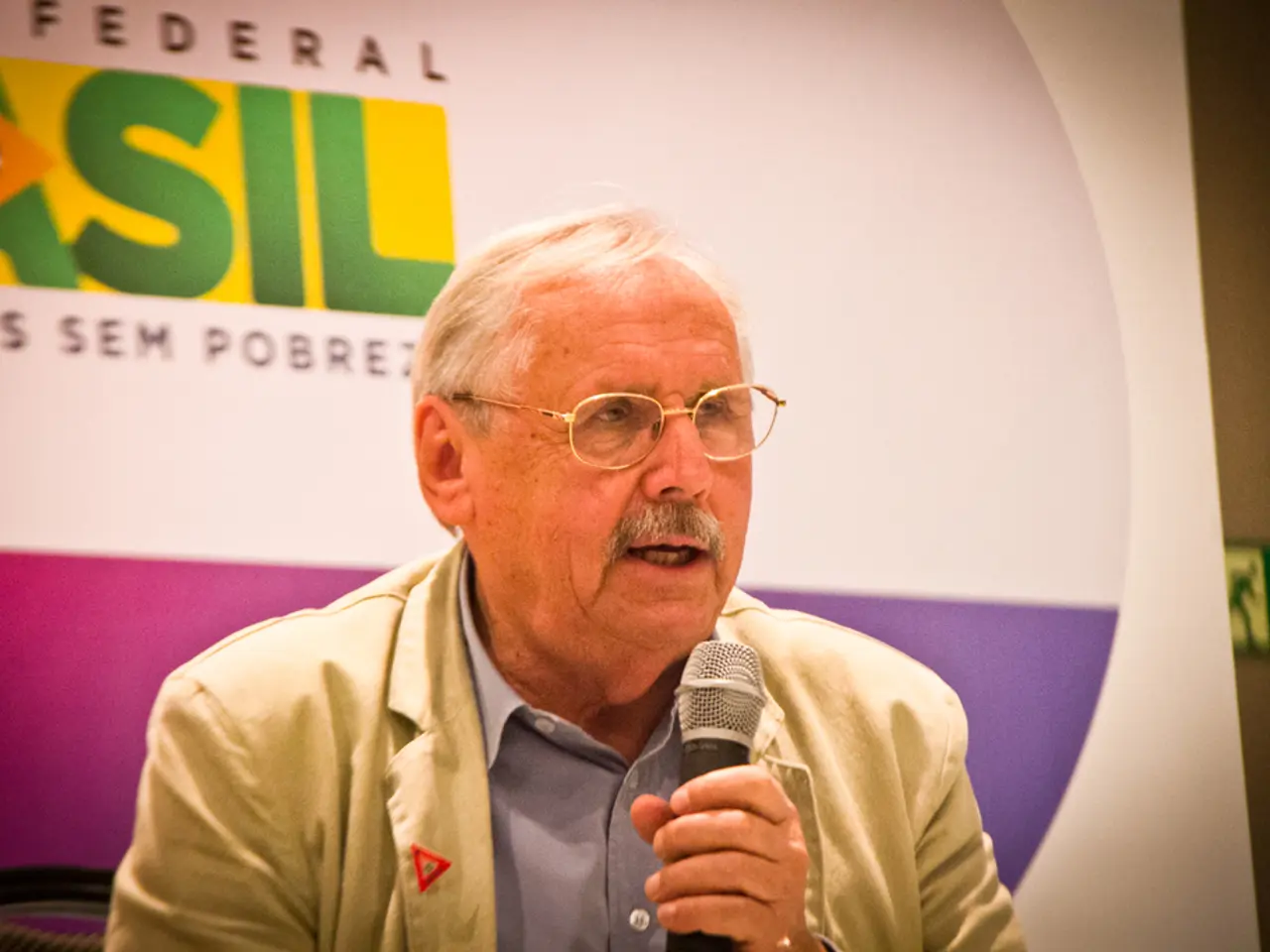United Nations debate: Abbas granted permission to address remotely due to visa denial by the US
The United Nations' highest body, the General Assembly, has passed a resolution that allows Palestinian President Mahmoud Abbas to deliver speeches via video at the upcoming UN General Assembly debate and the conference on the two-state solution. The resolution was supported by 145 out of 193 countries, including Germany.
This decision comes amidst a dispute over visas, as the U.S. President Trump's Administration has refused a visa to President Abbas for the upcoming UN Summit in New York. The U.S. has also revoked visas for several representatives of the Palestinian Authority.
Personal appearances are usually only allowed at the General Debate for nearly 150 heads of state and government. However, the U.S.'s decision to revoke visas for Palestinian representatives contradicts the usual practice, as according to a contract with the United Nations, the U.S. usually issues visas to all representatives of countries traveling to the UN headquarters in Manhattan.
The U.S.'s reasoning for revoking visas is that the Palestinian leadership has not been clearly enough against terrorists. However, this decision has been criticized as a political move. The German Federal Chancellor has expressed the position of the German government regarding the refusal of a visa for President Abbas for the UN Summit, although the exact date and details of this statement are not explicitly mentioned.
Despite the U.S.'s decision, President Abbas' speech at the UN General Debate is scheduled for Thursday, and he will also be able to give a virtual speech at the conference on the two-state solution on Monday. The conference on the two-state solution is scheduled for Monday, and the UN General Assembly debate is taking place next week.
It is worth noting that the Trump administration supports Israel in the Gaza conflict. However, the U.S. will not issue new visas to the Palestinian leadership, and the U.S.'s decision to revoke visas for Palestinian representatives has been a point of contention in the ongoing diplomatic tensions between the U.S. and the Palestinian Authority.
In conclusion, the UN General Assembly's decision to grant an exception for President Abbas to deliver speeches via video marks a significant development in the ongoing diplomatic tensions between the U.S. and the Palestinian Authority. As the UN General Assembly debate approaches, the attention of the international community remains focused on this complex and evolving situation.
Read also:
- United States tariffs pose a threat to India, necessitating the recruitment of adept negotiators or strategists, similar to those who had influenced Trump's decisions.
- Weekly happenings in the German Federal Parliament (Bundestag)
- Southwest region's most popular posts, accompanied by an inquiry:
- Discussion between Putin and Trump in Alaska could potentially overshadow Ukraine's concerns








